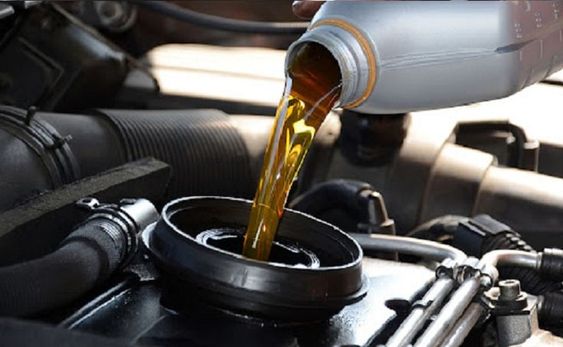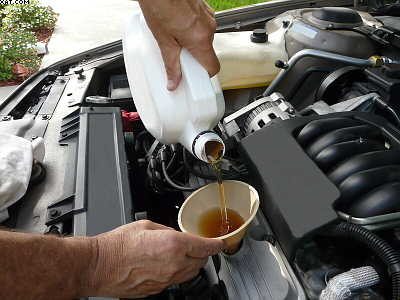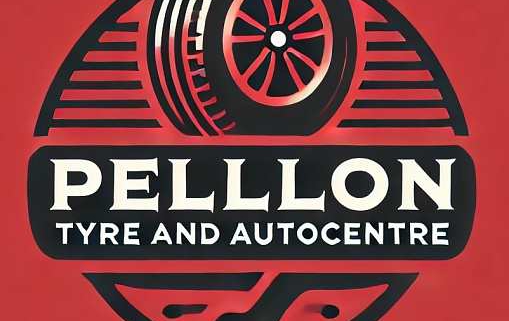Many Different Oils-For the DIY Motorist
Many Different Oils
Many Different Oils

The Challenge of DIY Oil Changes:
Getting Through the Maze of Modern Engine Oils
An oil change is no longer a simple Sunday afternoon job that requires a spanner, an oil pan, and a little elbow grease. Today’s engine lubricants are as diverse and sophisticated as the engines they lubricate. For many UK motorists, particularly those who enjoy doing their own car maintenance, this intricacy can make a normal oil change difficult.
The Evolution of Engine Oil: More Than Just Slick-Many Different Oils
Engine oils have changed dramatically, thanks in large part to developments in vehicle technology. Modern engines are intended to be more efficient, perform better, and be more eco-friendly. This means they need oils that can handle higher temperatures, lower pollutants, enhance fuel economy, and safeguard modern engine components.
The variety of lubricants available in the United Kingdom, where cars from Europe, Asia, and America may be found, is not only enormous but also overwhelming. Full synthetic oils, synthetic blends, and high-mileage oils are all designed to fulfil certain engine requirements and manufacturer specifications.

Why is choosing the right oil so important?
Engine Compatibility: Modern engines frequently require specific types of oil to function efficiently. Using the incorrect type might result in lower performance, higher wear and tear, and possibly severe engine damage. Many contemporary turbocharged engines in Halifax and around the UK, for example, require synthetic oils since they can withstand higher temperatures better than conventional oils.
Warranty Requirements: Many car manufacturers now require the usage of specified oil types in their owner’s manuals to maintain warranty coverage. This implies that a simple trip to your local Halfords for any old oil will not be enough; you need the perfect match for your make and model.
Technological Additives: Many Different Oils contain a variety of additives that protect and improve engine performance. These additions include detergents to clean the engine, antioxidants to prevent oxidation, and viscosity modifiers to ensure the oil’s performance in severe temperatures.
The Local Perspective: A Halifax Tale. Many Different Oils
In Halifax, where the weather changes as frequently as the local bus schedule, selecting the correct engine oil is very important. Cold starts in snowy Yorkshire winters necessitate an oil that will flow freely at low temperatures, whereas stop-start traffic in urban areas during a rare British heat necessitates an oil that will not thin down unduly.
Is making DIY oil changes a dying art?
With the increasing complexity of oil types and blends, combined with technological developments in automobile engines, the art of DIY oil changes is getting increasingly difficult. This isn’t only a question of pride for enthusiasts; it’s also about extending the life and efficiency of your car.
For many of us in the UK, stopping by the local garage in Halifax is becoming increasingly appealing. Not only does it eliminate the effort of deciphering complex oil specs, but it also assures that your favourite motor receives exactly what it requires. Plus, it’s always a good idea to talk with your mechanic about the latest car technology and the best routes to take for a weekend trip in the Dales.
Wrapping it up. Many Different Oils
While DIY oil changes are no longer as popular as they once were, they are far from extinct. For those who still enjoy delving under the hood, the key is comprehensive research and perhaps a conversation with a knowledgeable friend or a reputable mechanic. Remember that the appropriate oil can have a significant impact on the health and performance of your vehicle.
So, whether you’re taking your car to the garage or doing an oil change in your driveway, make sure you’re using the proper oil in your engine. After all, in a country known for its rich history and ongoing innovation, keeping our transportation system operating smoothly is simply expected!



